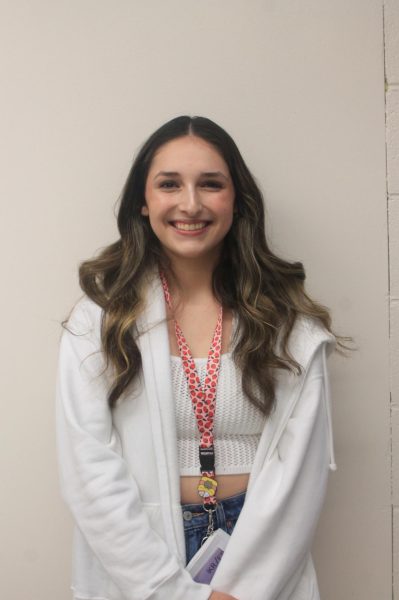Do you remember when a boy or girl would pick on you in elementary school? Oftentimes, your mom or dad would say the same thing every time: “Kids only do that if they have a crush on you.”
From a very young age, we are told that this behavior is normal and means that someone is attracted to you. It is a simple yet a harmful way to think of life.
When you’re in a relationship where someone makes you feel less than or even dejected, your usual response would be to see what is happening, realize it is toxic and escape that situation as fast as possible. However, teens are starting to ignore that and only see the surface of the relationship and not the true roots of it. Many teens are in love with the potential of the relationship, not the true story.
But from where does this all stem? You have to see the lethal parts of your relationship before you twist it into something unrecognizable.
According to a Healthline article by psychologist Cindy Lamothe, “Your relationship may be toxic if it is characterized by behaviors that make you feel unhappy, including disrespect, dishonesty, controlling behaviors, or lack of support.”
Many of us, including me, see these parts of a relationship and then gaslight ourselves. We start to think to ourselves that everything is excusable because there are always reasons to counteract what we see and what we feel. We will do anything to excuse the unacceptable behavior. We start to take those thoughts and then make ourselves think that disrespect, dishonesty and lack of freedom are just parts of everything. We still look at what the partner can give in the future, and not what they can give in the present.
Teens in society today struggle with seeing the partner’s potential in the relationship and romanticizing the toxicity instead of seeing its true colors. If I am going to be completely honest, even I struggle with this.
Many factors can cause us to think this way. Some factors can be little things that happen in childhood. Growing up, we hear, “Boys will be boys,” “That just means they like you,” “It was a joke” and “Lighten up; they didn’t mean it like that.”
We apply these phrases to our teenage years and relationships. For example, you could be in a relationship where your partner makes you feel trapped, but you keep thinking it’s normal since you were taught to romanticize the behavior by ignoring it.
It also doesn’t help that the media tells us that toxic relationships are okay. It is well known that books, movies and television shows have started romanticizing toxic relationships. For example, Anna Todd’s book After and the movie are based on a couple that goes through many life obstacles. However, the main love interest for our female heroine is verbally abusive and has many instances where he lashes out at objects. Nevertheless, as long as they’re in love, it’s okay… right?
Wrong. This movie is only one example of the thousands of shows, books and movies that portray toxic relationships as something to desire. The saddest part is that these shows and movies target teens.
Many heroes and heroines are teenagers or young adults that deal with topics teenagers are attracted to. It is just promoting what we already know from our childhood.
I’ve been subject to these thoughts thousands of times throughout my life. Whenever I read a romance book or watch a TV show, I always catch myself drifting toward the toxic love interest. I usually think that I could change who that person is by completely ignoring the idea that they’re toxic. I romanticize toxic relationships because I excuse the harmful behavior as just people acting out of love, making me believe that love is inherently toxic.
Yet, I am so tragically wrong.
Society needs to stop pushing rose-colored glasses onto our faces regarding relationships. However, we must also take hold of those glasses and lift them away from our eyes to see the true colors of relationships.
Teens romanticize toxic relationships more than they ever have. Still, maybe instead of romanticizing toxicity, we should romanticize reality.



